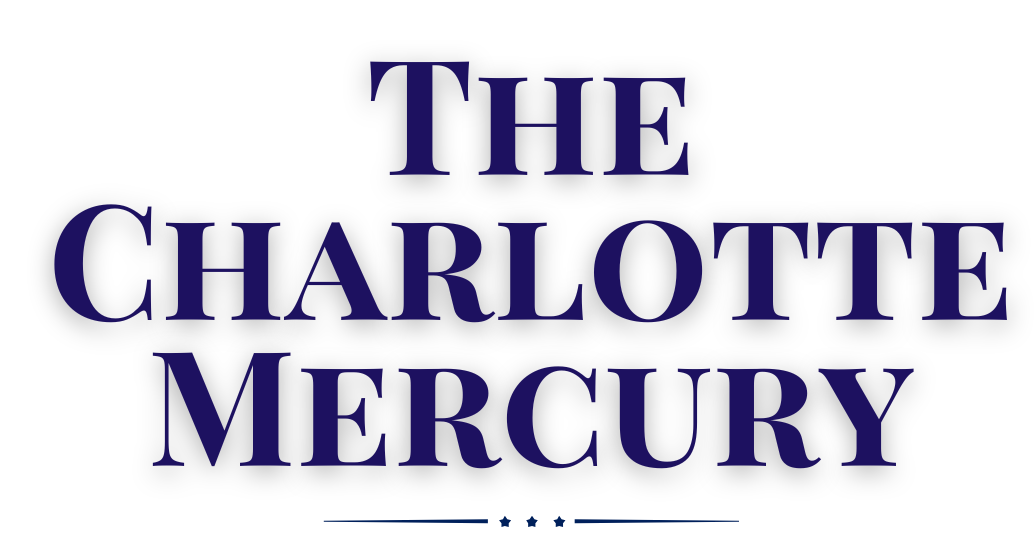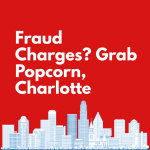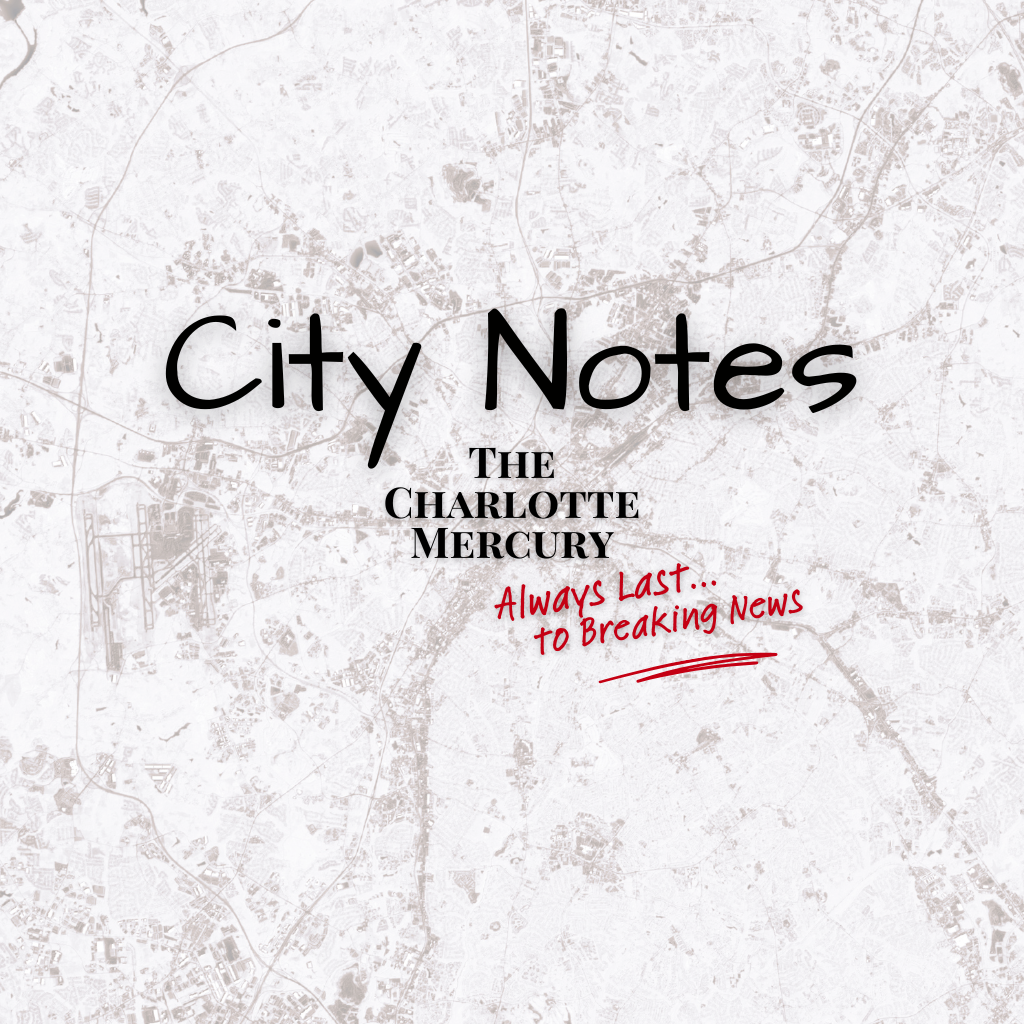City Pushes Clean Energy Targets While Private Sector Hesitates
Developers Call SEAP “Unrealistic” as City Pushes Climate Action
📍 By Jack Beckett | Senior Writer, The Charlotte Mercury
Charlotte’s Strategic Energy Action Plan (SEAP) aims to make the city a leader in climate resilience—but business leaders aren’t convinced it’s realistic.
At the March 3rd City Council committee meeting, officials detailed plans to transition municipal buildings to 100% renewable energy, expand clean transit, and incentivize green construction. The plan, first introduced in 2018, is approaching a key vote in April or May.
But while the city moves forward, private developers are questioning whether the financial burden is too high—or whether Charlotte has the power to enforce any of this at all.
The City’s Climate Mandate
SEAP focuses on four major pillars:
- Buildings: Municipal facilities must use 100% clean energy by 2030, with the private sector expected to hit net-zero by 2050.
- Energy Generation: The city plans to add 600 megawatts of renewable energy, though that still covers only a fraction of Charlotte’s total energy demand.
- Transportation: By 2040, half of all city travel should come from public transit, biking, or walking—a major shift from car dependency.
- Urban Resilience: New efforts include waste reduction, tree canopy expansion, and combating extreme heat.
City officials are banking on federal grants, partnerships with Duke Energy, and new sustainability incentives to make this happen.
“This plan sets the standard for how Charlotte will meet climate challenges head-on,” said Heather Bullock, a sustainability lead on the project.
The challenge? Businesses aren’t buying in yet.
“You Can’t Plan Against the Market”
Developers and industry leaders aren’t thrilled about the city’s timeline—or its financial expectations.
“If you try too hard to plan against the market, you make yourself uncompetitive,” said Councilmember Ed Draigs during the meeting. “You create all kinds of difficulty for investors and interfere with workforce development.”
Translation? Developers aren’t convinced that SEAP’s goals align with financial reality.
Right now, the plan doesn’t include mandatory regulations—only goals and incentives. That means businesses are left wondering:
- Will there be tax penalties for not meeting energy targets?
- Are companies expected to cover the cost of net-zero retrofits alone?
- What happens if federal grants don’t materialize?
Without clear financial backing from the private sector, the city’s goals could be just that—goals.
Residents Want Action, But Businesses Want Clarity
The city’s public engagement numbers show strong support for climate action:
✅ 353 survey responses
✅ Over 400 public comments
✅ 60+ community meetings
The top public concerns include:
🔥 Extreme heat and severe storms.
🚊 Better transit options.
🔋 Stronger incentives for businesses to transition.
Meanwhile, developers are asking for more transparency on the economic impact. If businesses see higher costs with no clear benefit, expect pushback at upcoming city meetings.
Where the Money Comes In
Charlotte isn’t funding SEAP alone—it’s banking on:
- State and federal grants
- Private sector investment
- Partnerships with Duke Energy
One early success is the Green Source Advantage program, which helped fund an 80-megawatt solar farm in Davidson County.
Still, critics argue that the private sector needs more than just incentives—they need hard numbers on financial impact.
Will SEAP Have Teeth or Just Talk?
Charlotte’s SEAP draft will be released in late March, with a final vote expected in April or May.
What’s unclear is whether businesses will face actual requirements—or just suggestions.
For now, expect closed-door lobbying, tense city council meetings, and a public fight over who should pay for Charlotte’s green future.
🚨 Want more updates? Message us anytime on X.com—or, as we call it, Twix.
☕ This Article Is Powered by Summit Coffee
Let’s be real: Charlotte’s energy goals might not be fully charged yet, but your morning can be. The Mercury runs on Summit Coffee’s Basecamp Blend, crafted with care and designed to keep debates like these interesting.
Summit has been fueling conversations and communities for 25 years, with cafés across North Carolina, Georgia, and South Carolina. Want to try the best coffee in Charlotte?
📍 Visit them in Davidson, NC, or find a café near you here.
🚀 Want to join their team? Apply here.
🎽 The Mercury Is Fueled by Glory Days Apparel 🏆
Charlotte’s past meets the present with Glory Days Apparel, Charlotte’s premier nostalgia brand.
📍 2202 Hawkins Street, Charlotte, NC
💻 Shop now
📲 Follow @glorydaysapparel on Instagram
If you don’t have at least one Glory Days t-shirt, do you even live in Charlotte?










